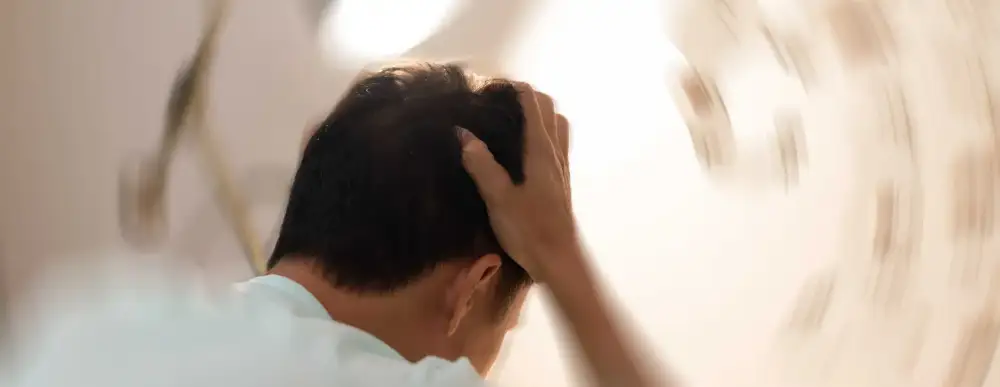We have all seen kids fall and bump their heads. But what if the bump is more serious? Do you know when you need to take your child to a healthcare provider? And what’s the difference between a contusion and a concussion? A contusion is a bruise that can occur on your head but isn’t typically serious and tends to resolve within several days. A concussion is a mild traumatic brain injury characterized by immediate alteration in brain function, including a change in mental status and level of consciousness. The effects are usually temporary. Usually.
Symptoms of a concussion vary depending on the severity of the injury and the person injured. Things to watch out for are dizziness, double or blurred vision, headache, nausea or vomiting, sensitivity to light or noise, balance problems, and slowed reaction to stimuli. These may begin immediately or take days or weeks or even months to develop. During the recovery stage, you could experience sensitivity to light or noise, difficulty concentrating, and mild headaches. Concussion symptoms in babies are different than in children and adults. Head trauma is common in young children, but concussions can be difficult to recognize in infants and toddlers because they can’t describe how they feel. Symptoms of concussions in babies might include vomiting; drainage from their mouth, ears, or nose; irritability or crankiness; drowsiness; appearing dazed; listlessness and tiring easily; loss of balance and unsteady walking; crying excessively; change in eating or sleeping patterns; and lack of interest in favorite toys.
Most people completely recover from concussions, but it may take months for the symptoms to completely go away.
If you suspect a concussion in your child, take them to a healthcare provider. While with your provider, be prepared to answer questions about how the injury occurred and the symptoms your child is experiencing. After taking a history and performing a physical exam, your provider may feel a need to order an MRI or CT scan of the brain. In case of seizures, your child may need an electroencephalogram (EEG), which monitors brain waves to help decide the best treatment for the seizures.
Fortunately, most concussions do not require major medical treatment. If your child is experiencing a headache your healthcare provider may recommend Motrin or Tylenol, resting, avoiding sports, and other strenuous activities for at least twenty-four hours after the symptoms have resolved. If your child has bleeding, swelling, or a serious injury to the brain, they will need surgery or other medical procedures.
Long-term complications of concussion are post-concussion syndrome- you experience concussion symptoms for weeks or even months instead of days; post-traumatic headaches- experience headaches for a few months after the concussion; post-traumatic vertigo- dizziness that last for several months; brain injuries from multiple TBIs- risk of developing lasting, progressive impairment that limit function; and second impact syndrome- sustaining a second concussion before symptoms from the first can result in rapid and usually fatal brain swelling. Second impact syndrome is thought to cause vascular congestion and increased intracranial pressure, which can occur rapidly and may be difficult or impossible to control. The risk is high in sports such as boxing, football, ice or roller hockey, soccer, baseball, basketball, and snow skiing.
Risk factors for concussion are: falling; participating in a high-risk sport; being in a car accident; and having a previous concussion. Ways to prevent concussion are: wearing the correct helmet and other protective gear during sports and recreational activities- such as roller skating, riding a bicycle, or riding a scooter; buckling seatbelts; keeping the home well-lit and free of things that might cause a fall; blocking off stairways and installing window guards if you have little kids at home; and exercising regularly.
Candice Hutchins is an RN at the Health West Pediatrics clinic. She has been a nurse for seventeen years with most of her experience in Postpartum and well-baby nursery.

Expectations of Emotional Health Treatment








